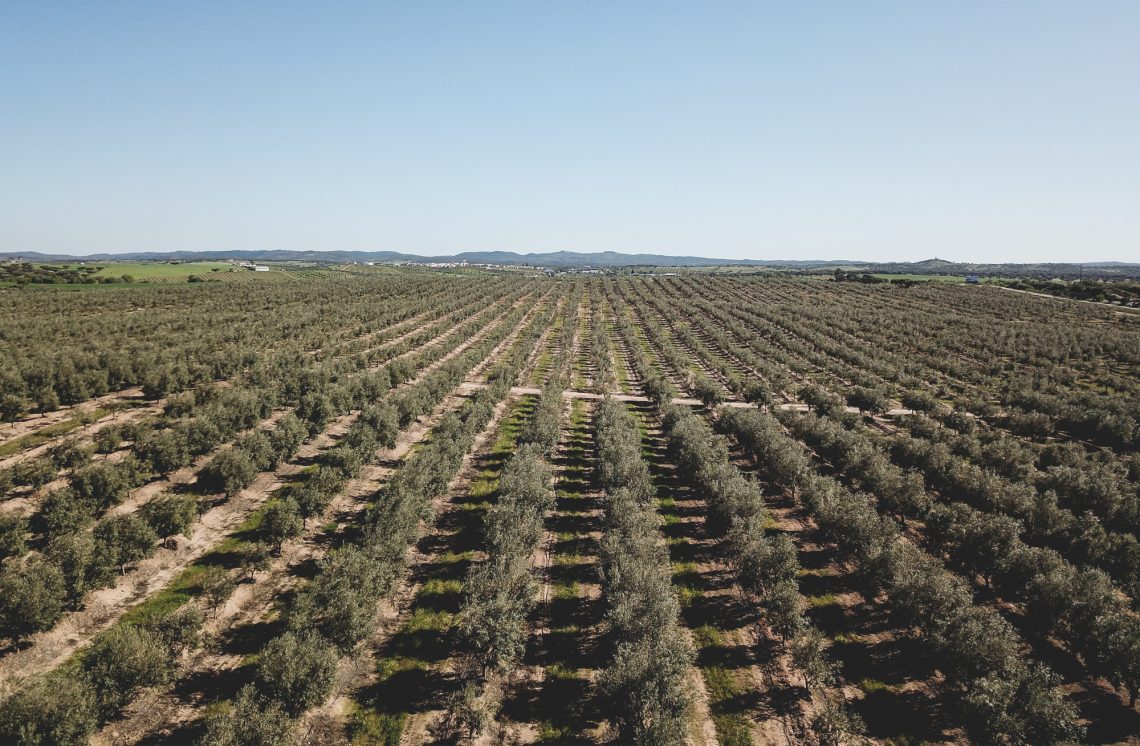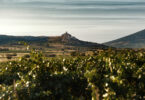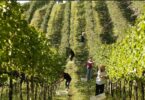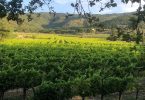Alentejo is one of the symbolic regions of Portugal, a territory that seems suspended in time where Nature dominates with its shades of green.
Despite being one of the largest geographic areas in the country, it is one of the least populated and therefore uncontaminated, compared to other realities.
Bordering Spain to the east and the Atlantic Ocean to the west, the climatic peculiarities make it suitable for quality olive production that is also highly regarded internationally.
Romans introduced olive cultivation in the Alentejo and Portugal which, over time, has become one of the region’s flagships.
The Alentejo produces more than 70% of EVOO oil nationwide, an ever-increasing growth thanks to new plants and extensions of olive groves.
A territory so generous and rich in quality that CEPAAL (Center for the study and promotion of Alentejo Extra virgin olive oil) disseminates around the world through research and activities, as explained by Mariana Teles Branco, marketing manager.
For the interview visit Piero Pardini Wine Reviews.








